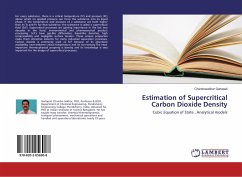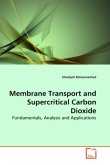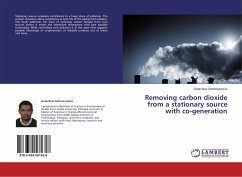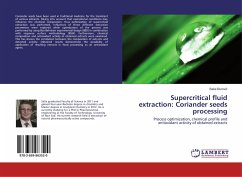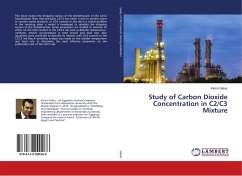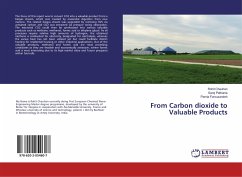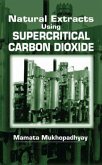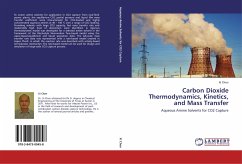For every substance, there is a critical temperature (Tc) and pressure (Pc) above which no applied pressure can force the substance into its liquid phase. If the temperature and pressure of a substance are both higher than its Tc and Pc for that substance, the substance is called a supercritical fluid (ScF). Supercritical processes are gaining importance in the last two decades in the food, environmental and pharmaceutical product processing. ScF's have gas-like diffusivities, liquid-like densities, high compressibility and negligible surface tension. These unique properties make them attractive solvents for many industrial separation processes. Carbon dioxide is commonly used as ScF because of its abundant availability, near-ambient critical temperature and its non-toxicity.The most important thermo-physical property is density and its knowledge is very important for the design of supercritical processes.
Bitte wählen Sie Ihr Anliegen aus.
Rechnungen
Retourenschein anfordern
Bestellstatus
Storno

